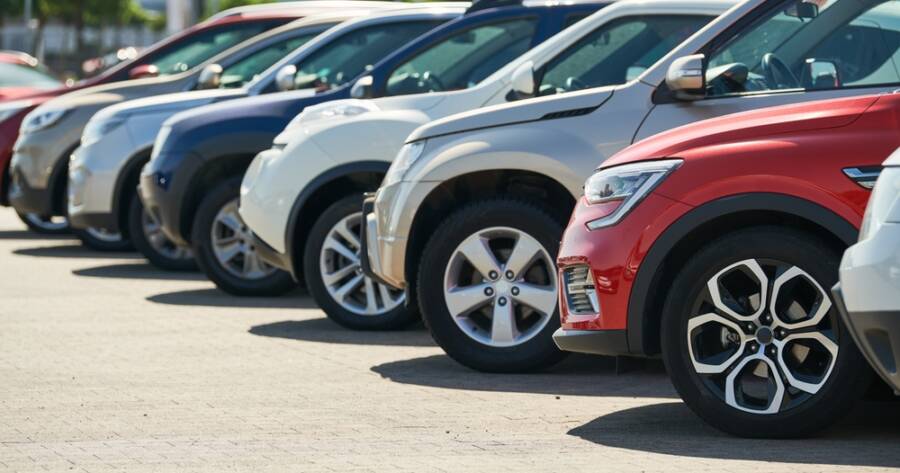Choosing between a new or used car involves various considerations, from budget to preferences. Each option offers distinct advantages and challenges, reflecting unique needs and priorities. By understanding the benefits and potential drawbacks of new versus used vehicles, buyers can make informed decisions that align with their financial goals and lifestyle.
Advantages of New Cars
Purchasing a new car offers the allure of the latest technology and features. Manufacturers often equip new models with cutting-edge technology, including advanced safety systems, connectivity options, and fuel-efficient engines. These features can enhance the driving experience and potentially improve overall safety.
A new car typically comes with a full warranty, providing peace of mind against unexpected repairs and maintenance issues. This coverage often includes complimentary maintenance services for a set period, further reducing initial ownership costs. Additionally, buyers may have the opportunity to customize their new vehicle, selecting specific colors, trims, and features.
Drawbacks of New Cars
While new cars offer numerous benefits, they also come with a higher price tag. The immediate depreciation upon purchase is a significant factor, as the vehicle loses value the moment it leaves the dealership. This rapid depreciation might impact long-term resale value, making new cars a substantial financial commitment.
Another consideration is the potential for higher insurance premiums. Newer models often entail more expensive coverage due to their replacement cost and advanced technology. Budget-conscious buyers should assess the total cost of ownership, including insurance and potential depreciation, when weighing their options.
Advantages of Used Cars
Used cars present a more budget-friendly alternative for those who wish to avoid high upfront costs. With the bulk of depreciation already absorbed by the previous owner, used vehicles typically retain their value better over time. This can provide a more economical solution, particularly for first-time buyers or those on a tight budget.
An additional advantage is the variety of options available in the used car market. Buyers can explore different models, years, and price ranges, often finding great deals on well-maintained vehicles. Certified pre-owned programs offer added assurance, providing inspections and extended warranties that mitigate the risks associated with used vehicles.
Drawbacks of Used Cars
Despite their cost benefits, used cars may pose certain challenges. They often lack the latest technology and safety features available in new models, potentially impacting the driving experience and safety considerations. Buyers should carefully assess whether these aspects align with their priorities.
Furthermore, used cars might require more frequent maintenance and repairs due to previous wear and tear. Without a full warranty, these expenses could add up, impacting overall savings. Conducting a thorough inspection and obtaining a vehicle history report can help identify potential issues, ensuring a well-informed purchase.
Balancing Needs and Preferences
Determining whether a new or used car is the right choice depends on individual needs and preferences. Budget constraints, desired features, and long-term intentions all play a role in this decision-making process. For those valuing modern technology and customization, a new car might align better with their goals.
Conversely, if affordability and variety are top priorities, a used car may offer significant benefits. Used cars can often provide excellent value without compromising on quality, particularly when purchasing from reputable sources. Balancing these factors with personal requirements aids in making a satisfactory choice.
Environmental Considerations
Environmental impact may also influence car-buying decisions. Newer vehicles often boast environmentally friendly features, such as improved fuel efficiency and lower emissions. Buyers placing importance on sustainability might find appeal in these advancements.
Alternatively, extending the life of a used car by purchasing a pre-owned vehicle can also have environmental benefits. By reducing demand for new production, buyers might contribute to decreased resource consumption and waste. Exploring vehicle options through an environmental lens provides further insight into their decision.
Learn More Today!
The choice between a new and used car ultimately comes down to individual needs, budget, and preferences. By weighing factors such as cost, technology, and environmental impact, buyers can make informed decisions that suit their lifestyle.
Whether prioritizing modern features or seeking budget-friendly options, understanding the pros and cons of each option helps ensure a satisfying car-buying experience.

